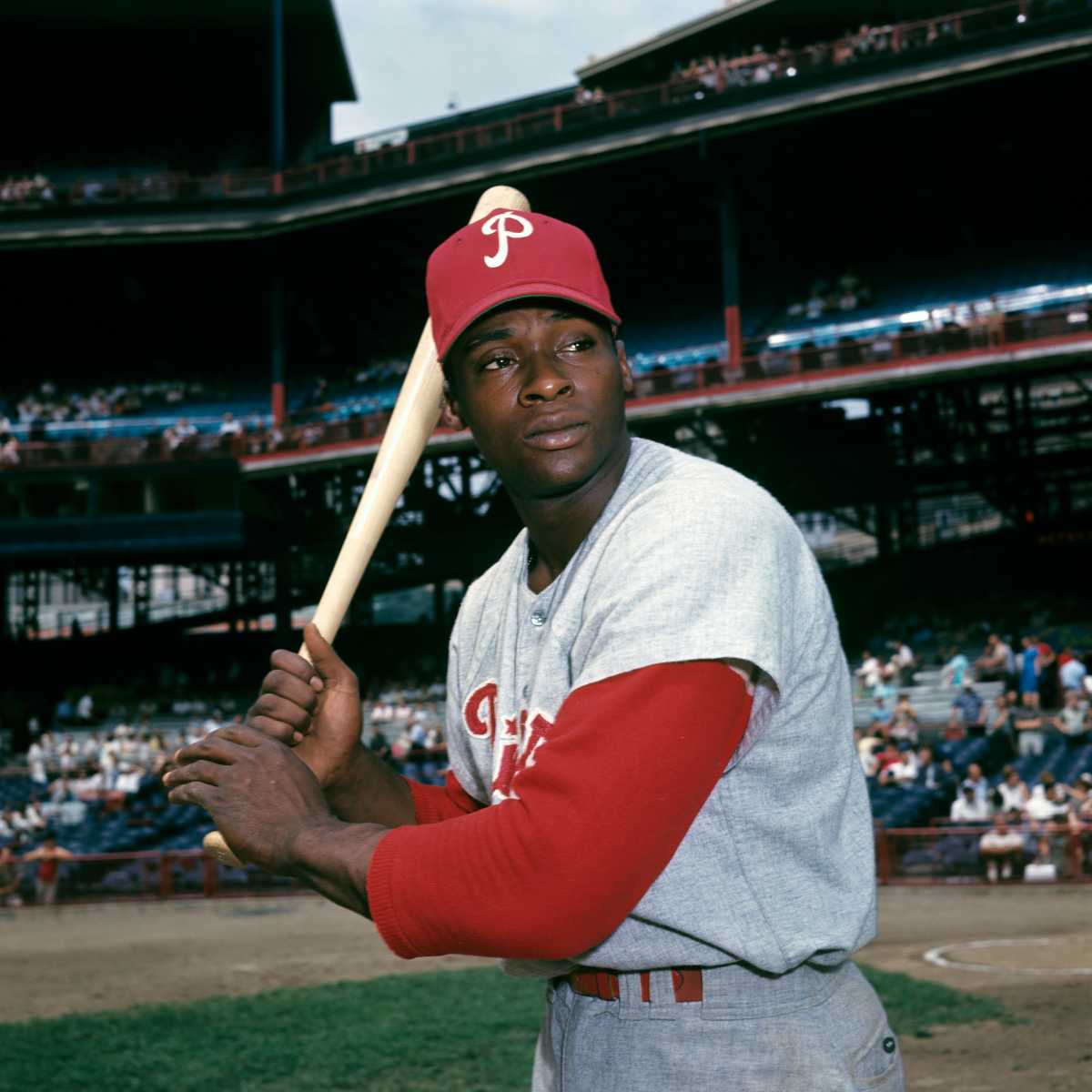You might expect that for Philadelphia Phillies — the oldest, still operating sports franchise in all of America — that success might have come rather quickly. Or that in the end, a team as old as the Philadelphia Phillies has a plethora of World Series Championships.
You’d be wrong on both accounts.
In fact, in the nearly 100 years of their existence , the Phillies produced two World Series Championships for Philadelphia — in 1980 and 2008. So as you might imagine, Philadelphia was hungry for a baseball championship 1964 — some 80 years after the formation of the team.
If you grew up as a Philly, then you’ve no doubt heard about the 1964 Phillies — whose epic collapse was one of the very worst in MLB history. Up by 6.5 games with 12 to play, the Phillies “Pholded,” losing ten games in a row and missing the playoffs. But the notorious label that has attached itself to Gene Mauch’s 1964 Phillies did have some great moments. Perhaps the greatest of those was Dick Allen, who this week finally got a well deserved MLB Hall of Fame nod.
Amid the Phillies setting a record for perhaps the worst collapse in history, Allen set a standard for one of the best rookie seasons of all time as a Phillie. Signed into the Phillies minor-league system in 1960 at the urging of Scout Jack Ogden, Allen’s 1964 campaign has been eclipsed only twice in MLB history. Batting .318, Allen hit 13 triples, 38 doubles, 29 homeruns and 91 RBI’s. In May of 1965 — he blasted a nearly 529-foot home run arching over the outfield Coca-Cola sign at Connie Mack Stadium — and led the league in several categories including OPS and extra base hits in 1966.
But Allen’s career was not without issues. In 1965, he got into a brawl with fellow Phillie Frank Thomas. In 1969, the team fined him $2,500 for missing part of a double header against the New York Mets. At his request in 1970, the Phillies traded him to the St. Louis Cardinals. After St. Louis plater Curt Flood refused to report to Philadelphia, the Fightin’s got compensation in Willie Montanez, who would break Allen’s rookie record of 29 home runs set in 1964, hitting 30 that season.
In 1975, the Phillies persuaded Allen to return to the team out of retirements. In 1977 — he would finish his career with the Oakland Athletics — who began in Philadelphia and played at that very same Connie Mack Stadium when Allen blasted a home run in 1965. Three years later, the Phillies were World Series Champions — that iconic image of Tug McGraw’s last strikeout fueled partially by the memory of the collapse. It was euphoria for the Philadelphia, redemption for the memory of the 1964 Phillies and another recognition of their star rookie of 1964, Dick Allen.
Michael Thomas Leibrandt is member of the York Road Historical Society and lives and works in Abington Township.




























